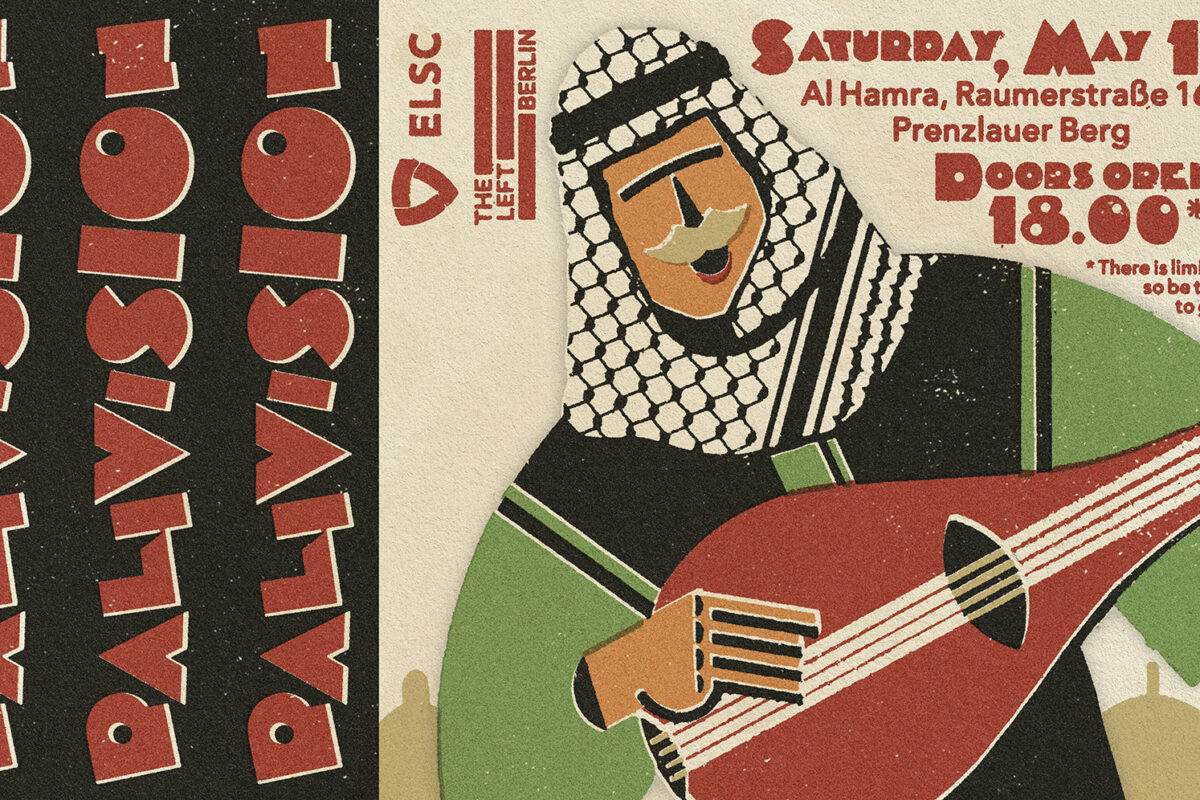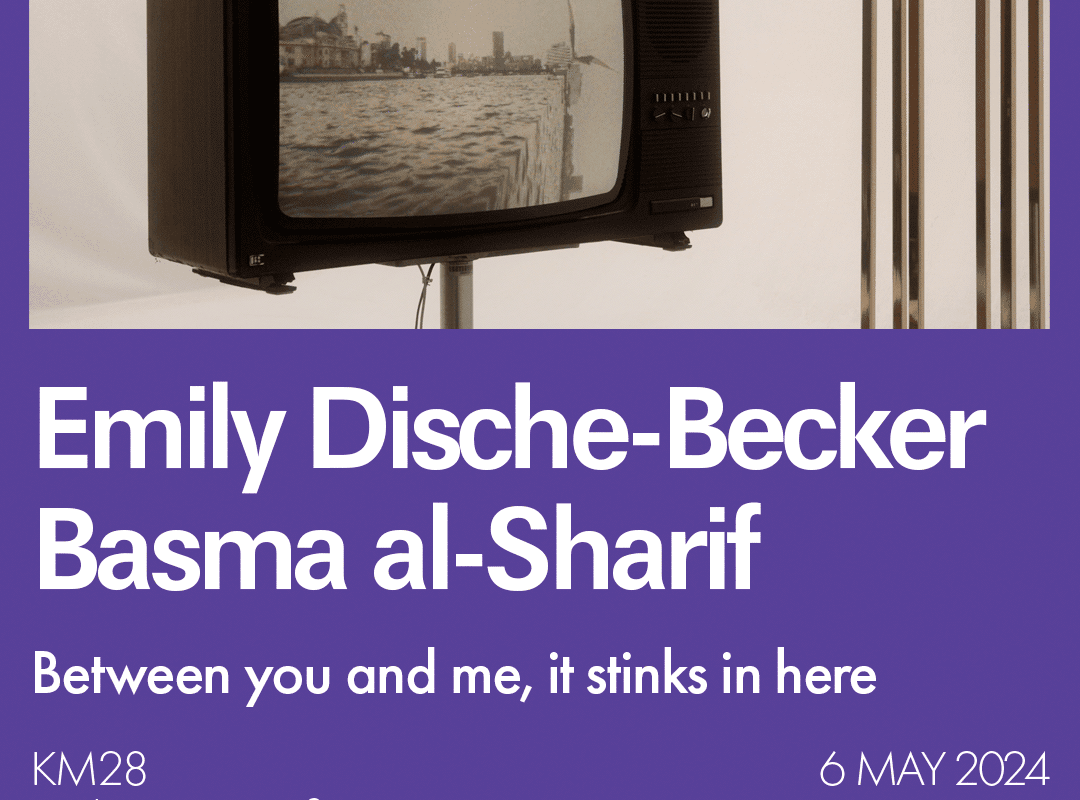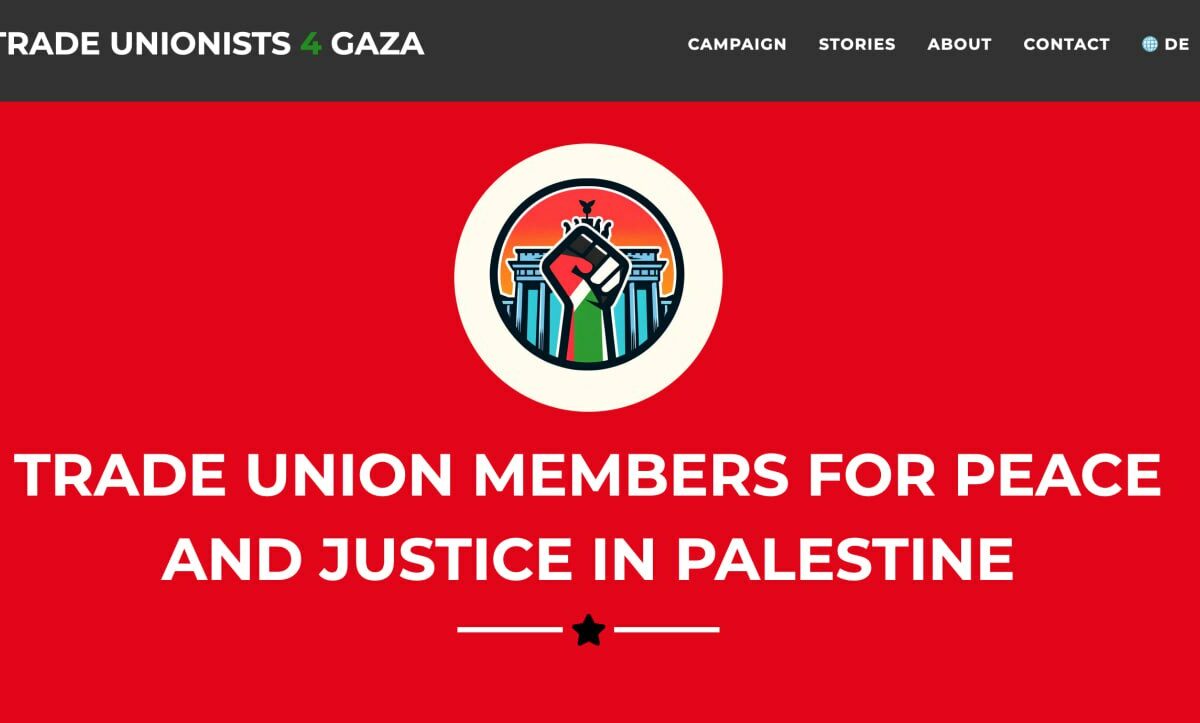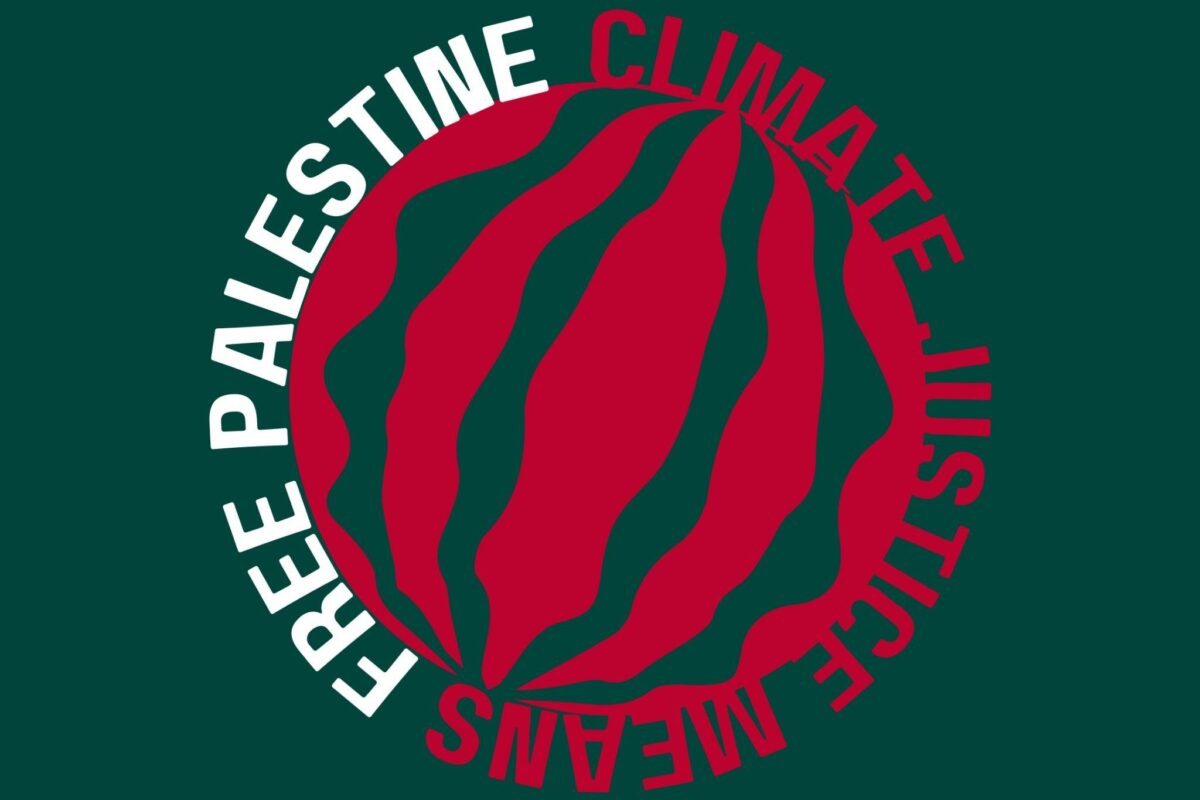The International Peoples Tribunal 2024 is a quasi-judicial forum that aims to investigate and address alleged war crimes and violations of international humanitarian law committed by the US-supported Marcos Jr. and Duterte regimes.
The tribunal will examine various cases to be filed against the defendants including political killings, torture, enforced disappearances, mass arrests, indiscriminate firing, aerial bombings of communities and other forms of political suppression tantamount to crimes against humanity.
The IPT 2024 follows a long history of peoples’ tribunals that have shaped international public opinion and tried various regimes on crimes against humanity. The IPT takes inspiration from the Russel Tribunal, also known as the International War Crimes Tribunal, which held two sessions in 1967 to expose the war crimes committed against the Vietnamese people. This was succeeded by the Permanent Peoples’ Tribunal (PPT) that was founded in June 1979 in Italy by law experts, writers, and other intellectuals.
The IPT 2024 seeks to address the war crimes committed by the US-Duterte regime (2016-2022) and the current US-Marcos regime (2022-present) under their respective ‘counterinsurgency’ operations patterned after the US National Security Strategy and the US ‘Counterinsurgency Guide’. The Marcos-Duterte ruling clique continue to cling to power, roaming free with impunity and complete disregard of international humanitarian law. The period in question is marked by countless cases of political killings, enforced disappearances, torture and widespread and systematic suppression of dissent with the full support and backing of the US government.
The panel will consist of individuals with recognized expertise in human rights, international humanitarian law, and other relevant fields. Witnesses will be individuals and/or representatives of groups or organizations who have firsthand experience or knowledge of the emblematic cases under consideration.
Support for the IPT 2024 can come in various forms, including:
- Raising awareness about the importance of the IPT 2024 and its role in exacting the accountability of the US-backed Marcos and Duterte regimes for their war crimes. Please follow us on our social media accounts to help spread the word about the event;
- Organizing local alliances, groupings, as well as events to support the tribunal including webinars, fora, and small discussion groups that can help educating communities and solidarity allies about the grievous war crimes of the US-Marcos and US-Duterte regimes. You can send us an email via secretariat@peoplestribunal.net if you are interested to organize activities in support of the IPT 2024; and
- Mobilizing communities and organizations to join protest actions and political demonstrations in support of the IPT 2024. Please visit the IPT 2024 website to get updates on planned events and demonstrations in the run up to the tribunal.
By combining efforts across these areas, your organization can play a crucial role in supporting the work of the International Peoples’ Tribunal 2024.
You can also follow the IPT 2024’s official social media accounts:
For more information, visit www.peoplestribunal.net or email secretariat@peoplestribunal.net
The tribunal will be livestreamed here on Friday May 17th and Saturday May 18th 2024




